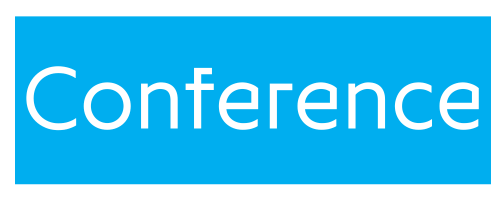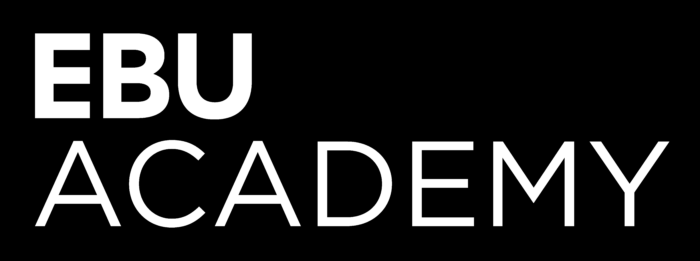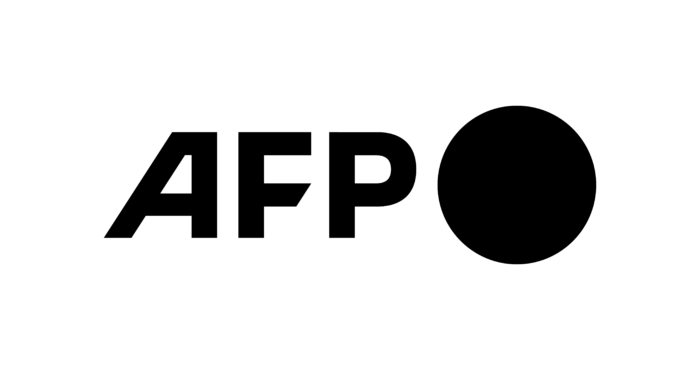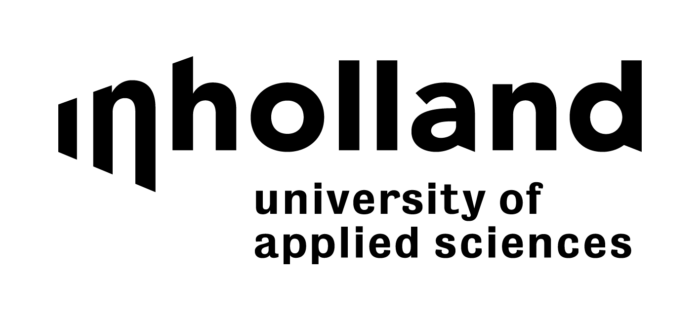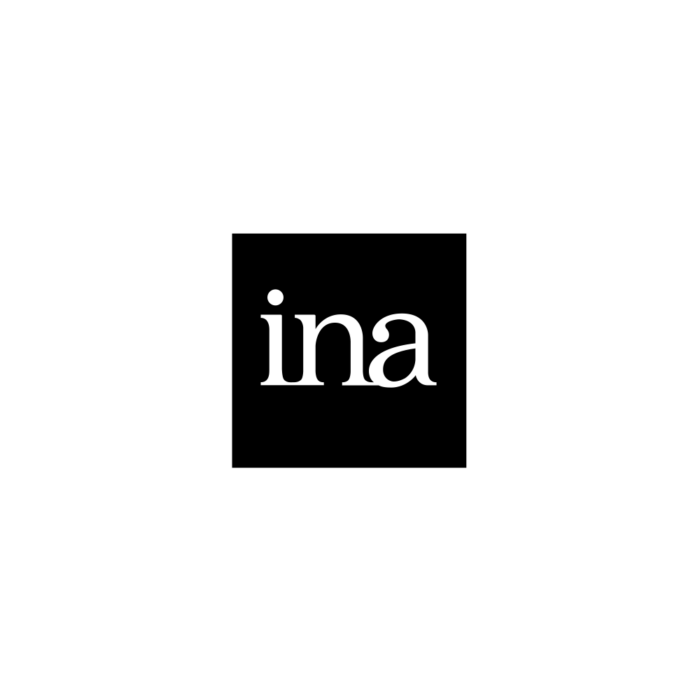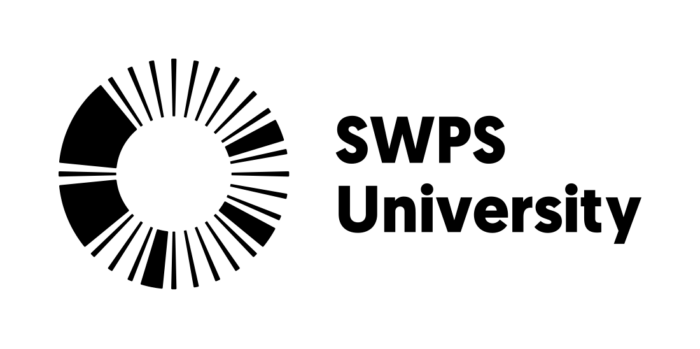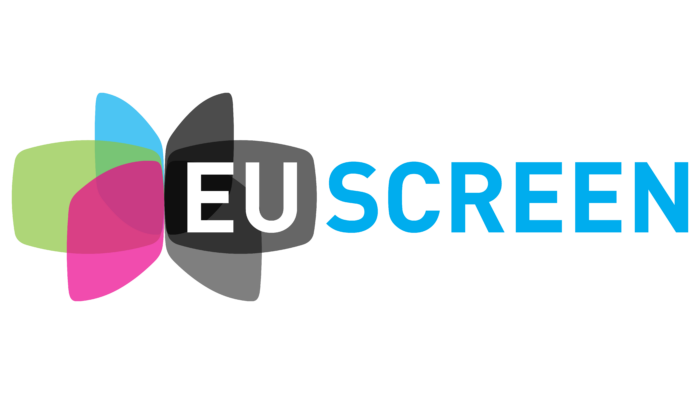The Resilience of News Media:
Data, Storytelling & Democracy
27-28 November 2023 SWPS University, Chodakowska 19/31, Warsaw

The two-day, international event will create a space for exchange on how to wade through and use (big) data, tell enriched (multimedia) stories, and contribute to democracy by supporting a news media ecosystem that is more resilient to misinformation.
Digitisation has changed all aspects of the news media landscape, from the way content is created, to how it is distributed and interacted with. European citizens and journalists are now connected to the largest intelligence network that has ever existed. On one hand, this rich data provides an opportunity for data-driven journalism to explore new stories and to delve into large (historical) datasets. On the other hand, the advent of these technological developments generates new challenges for journalists and citizens, such as the easy, prolific spread of inaccurate and misleading information. These issues have shaken the foundations of the journalism profession.
Conference day 1
In-person and online
Conference Day 1 will include a keynote presentation followed by sessions offering presentations and discussion around three themes: Search & Exploration of Data, Telling Stories with Data, and Tracking & Debunking Misinformation.
This session will explore the daily practices of working with data in journalistic and creative contexts. Speakers will address different stages of a data project, from data collection to data preparation and analysis, as well as various data collection techniques, tools and databases that can be used for journalistic purposes. This session will also discuss potential biases that can occur in the process.
This session will showcase examples of multimedia and data-driven journalistic storytelling projects and approaches. Speakers will discuss the value and challenges of data visualisation for data-driven journalism.
This session will explore the ethical implications of digital media and data manipulation and will discuss how to identify and debunk misinformation through various techniques. Speakers will share their practical experience in the field of tracking and dealing with misinformation.
Conference day 2
In-person only
Conference Day 2 will be dedicated to hands-on workshops on data-driven journalism, fact-checking and exploitation of the MediaNumeric Academy in an academic setting.
Natalia Żaba | 28/11/2023 | 09:00-10:30 | in person
- Number of participants: 40
- Profile of the participants: everyone interested in Pinpoint
A practical, must – attend session about the most popular and liked Google tool created for journalists and researchers which allows them to analyse large collections of diverse data in a short time. This workshop will walk you through the latest capabilities of Pinpoint, a tool that helps scientists and investigative journalists around the world to break the news, dig deeper into their stories, fact check and parse large collections of data at a rate of knots.
28/11/2023 | 09:00-11:00 | in person
- Number of participants: max 25
Data is reshaping the narrative landscape. Join us at the MediaNumeric Academy HEI Bootcamp, where we’ll prepare you to navigate this shift in your classroom. Together with other educators and HEI professionals, you’ll strategize and envision how to seamlessly integrate data-driven storytelling into your curriculum through a variety of didactical approaches.
Who Should Attend?
The “Resilience of News Media: Data, Storytelling & Democracy” event is open to a diverse audience, from content creators, journalists, and students to researchers and other professionals in the creative industry. However, the MediaNumeric Academy HEI Bootcamp is specifically crafted for higher education teachers and staff who are enthusiastic about incorporating data-driven storytelling into their classrooms.
Hands-On Collaborative Experience
Step into an immersive brainstorming space! We’re offering a refreshing mix of knowledge sharing and hands-on activities tailored to help you:
- Determine the most effective learning strategy—be it online, offline, or blended—for your specific class setup.
- Connect with like-minded educators and institutions passionate about the future of journalism and data-driven storytelling.
This workshop is more than just an educational experience. It’s a platform to foster international collaborations, COIL/BIP initiatives, and partnerships that could redefine the way journalism and storytelling is taught and understood globally.
Natalia Sawka and Maja Czarnecka | 28/11/2023 | 11:00-14:00 | in person
- Number of participants: max 15
- Profile of the participants: media students or professional journalists without previous experience in fact-checking. Knowledge of English and bringing a laptop will be required.
The 3-hour workshop will provide an overview of techniques and tools to detect and tackle disinformation shared online. Maja Czarnecka and Natalia Sawka, both experienced fact-checkers for AFP in Poland, will explain current trends in disinformation and teach the basics of digital investigation, such as reverse image search, archiving and geolocation.
Practical information
Entirely free of charge and open to anyone interested in data-driven journalism and storytelling.
Attendees can join Day 1 in-person or online. The workshops on Day 2 will not be streamed.
Held in English.
Coffee breaks & lunch provided.
Conference partners
Conference programme
Day 1 Monday 27 November | In-person and online
Time
Activity
Speakers
08:30 – 09:30
Coffee and registration
09:30 – 09:45
Opening & welcome
- Johan Oomen, Sound & Vision
- Mirosław FIliciak, SWPS University
09:45 – 10:30
Keynote
- Beata Biel, TVN Warner Bros. Discovery
10:30 – 12:00
Session 1: Search & Exploration of Multimedia Data
Moderator
- Johan Oomen, Sound & Vision
Speakers
- Alexandre Rouxel, EBU
- Willemien Sanders, Utrecht University / Sound & Vision
- Kuba Piwowar, SWPS University
12:00 – 13:00
Lunch break
13:00 – 14:30
Session 2: Telling Stories with Data
Moderator
- Natalia Żaba, Google News Initiative
Speakers
- Yasmina Al-Gannabi, Deutsche Welle
- Jakub Górnicki, Outriders
- Danuta Pawłowska, BIQdata.pl
14:30 – 15:00
Coffee break
15:00 – 16:30
Session 3: Tracking & Debunking Misinformation
Moderator
- Kuba Piwowar, SWPS University
Speakers
- Paweł Terpiłowski, Demagog
- Marie Bohner, AFP
- Karina Stasiuk-Krajewska, CEDMO, SWPS University
16:30
Closing
- Johan Oomen, Sound & Vision
Day 2 Tuesday 28 November | In-person only
Time
Activity
Speakers
09:00 – 10:30
Workshop 1a: Pinpoint Advanced by Google News Lab
room S310
- Natalia Żaba, Google News Initiative
09:00 – 11:00
Workshop 1b: MediaNumeric Academy HEI Bootcamp
room S312
- Susannah Montgomery, Inholland University
11:00 – 14:00
Workshop 2: Tackling disinformation shared on social media: examples and basic tools by AFP
room S310
- Maja Czarnecka, AFP
- Natalia Sawka, AFP
Conference speakers
Alexandre Rouxel
EBU
Johan Oomen
Sound & Vision
Marie Bohner
AFP
Paweł Terpiłowsk
Demagogue Association
Beata Biel
TVN24/TVN WBD
Karina Stasiuk-Krajewska
SWPS University / CEDMO
Miroslaw Filiciak
SWPS University
Susannah Montgomery
Inholland University
Danuta Pawłowska
BIQdata.pl
Kuba Piwowar
SWPS University
Natalia Sawka
AFP
Willemien Sanders
Sound & Vision
Jakub Górnicki
Outriders
Maja Czarnecka
AFP
Natalia Żaba
Google News Initiative
Yasmina Al-Gannabi
Deutsche Welle
Deutsche Welle
About MediaNumeric
The MediaNumeric project stands behind the creation of the MEDIANUMERIC ACADEMY – an online academy for data-driven storytelling for media professionals.
The project is funded under the European Union’s Erasmus+ programme, carried out from 1 Jan 2021 to 31 Dec 2023. The consortium is integrated by leading actors in academia, industry and audiovisual archives from four EU Member States: The Netherlands Institute for Sound & Vision (NL), Inholland University of Applied Sciences (NL), Centrum Cyfrowe (PL), SWPS University of Social Sciences and Humanities (PL), AFP Agence France Presse (FR), INA Institut national de l’audiovisuel (FR), Storytek (EE), and EUscreen Foundation (NL).

